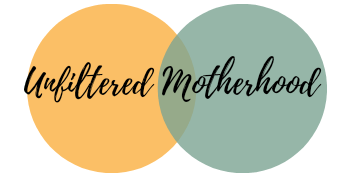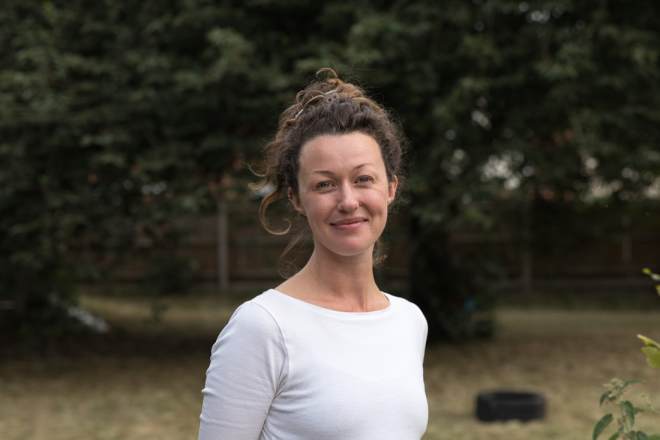Unfiltered Motherhood: Building a community to support women through Matrescence
Maria Garcia (Unfiltered Motherhood)

I became a first time mother last December. My experience of Motherhood turned out to be a lot different than I expected. The first 3 months of my daughter’s life I was keeping afloat, on survival mode, feeling very vulnerable, lost, scared, sad, angry…Reactions that took me by surprise. I cried almost every day, sometimes twice. I started wondering whether I was suffering from postnatal depression. Seeking for help, I talked to other mothers and 95% of them told me what I was feeling was completely normal, that they had felt the same way when they had their children.
I asked myself why I didn’t know about this? How come women are not talking about this openly.
I started researching the subject and found out there is a term that defines everything I was feeling. This transitional stage into Motherhood is called Matrescence. This is a healthy developmental stage women undertake when entering Motherhood.
Matrescence
Matrescence is experienced by women in many different and individual ways, nevertheless there are broad psychological aspects that can have a significant impact. They include:
A brutal hormonal imbalance
This hormonal imbalance starts during pregnancy in preparation for birth and continues once the baby is born, remarkably during the 1st week after birth as a consequence of the breast milk coming in regardless of whether you decide to breastfeed.
The act of giving birth
The act of giving birth is life changing whatever your experience of it is. When this experience turns out to be negative or even traumatic it is crucial to talk about it. Failing to do so can lead to potential psychological consequences as the impact that experience has can get locked in the woman’s body.
A loss of identity
We give birth to our baby and ourselves at the same time, but the woman tends to get lost in the process. The mother seems to become invisible as the baby takes centre of stage. The role of the woman changes completely, becoming a mother, a new role she has yet to find her feet in. Her identity fades away and there is a loss of the old life. The baby takes up all the mothers time and all the activities and hobbies she used to do before are secondary.
Changes in the family unit/relationship
The relationship/family configuration needs to be re-organised as there is a new member. Some couples experience their relationship falling apart, they distance from each other and find it very difficult to connect again. The baby takes priority and everyone and everything else in the mother’s’ life competes for her attention. This can awaken jealousy and feelings of abandonment in the couple and other members of the family. Another difficulty is that sometimes the partner doesn’t know what their role as a parent is which can leave them feeling very disconnected and out of place.
A door to own childhood opens
It is inevitable to become in touch with our own childhood as becoming a mother is informed and formed by how we were mothered.
During my pregnancy I attended various courses, all of them focused on birth and keeping healthy during pregnancy. To be honest, I didn’t have the head space to think beyond birth, plus there were no courses focused on women’s mental health, on women’s wellbeing and psychological preparation into motherhood. We are forgotten about once we become mothers,we are expected to be recovered within 40 days and have every aspect of our lives under control. Everything that doesn’t match that idyllic Motherhood happy picture is not accepted and women end up repressing all those difficult feelings that can emanate from the savage life changes stated above. This leaves us feeling ashamed, guilty and isolated. Especially in our western isolated lifestyle where we don’t have the much needed community to support us through Matrescence.

Unfiltered Motherhood is a project I developed aiming to create a community for women. The goal is to demystify the idyllic picture of Motherhood, normalising and making Matrescence visible by focusing on the woman’s experience. I offer therapy groups as well as Matrescence preparation workshops for expecting couples (whatever your relationship status).
Maria Garcia is a psychotherapist and psychologist based in Kent. She runs her Unfiltered Motherhood sessions in her local area.







